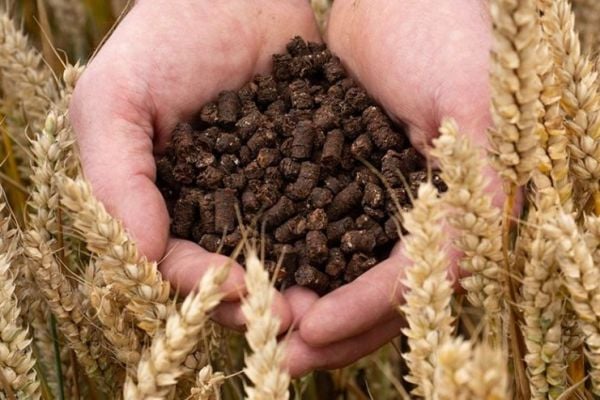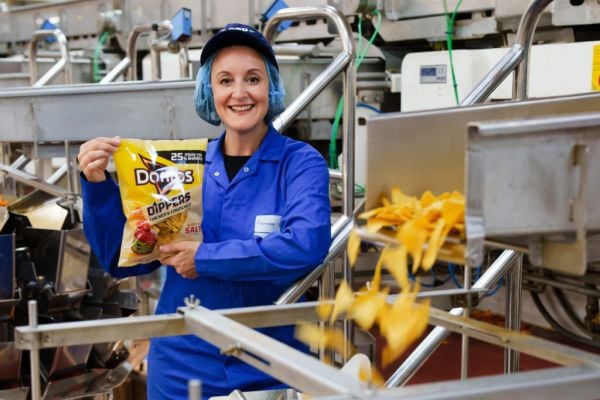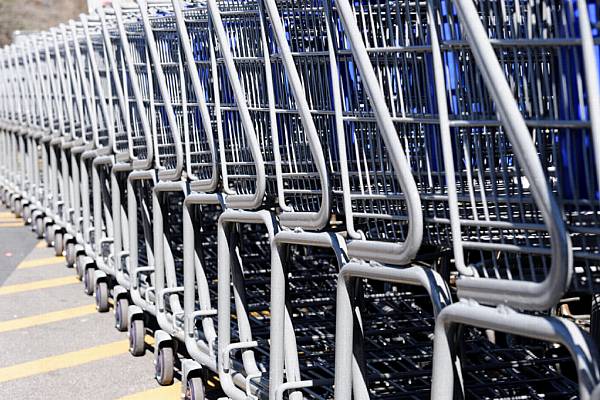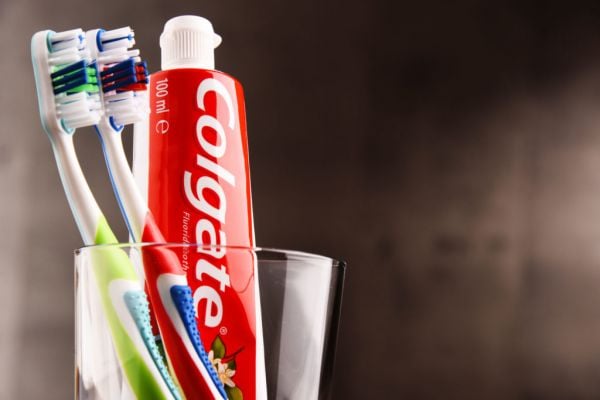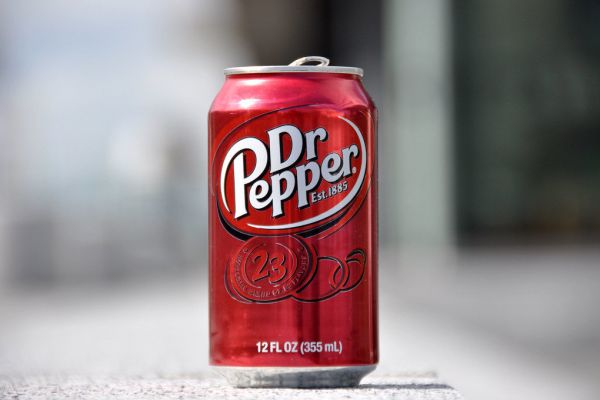Nestlé has launched a pilot to explore whether used cocoa shells from its confectionery plant in York can be used to create a low-carbon fertiliser.
The two-year trial will evaluate the fertiliser's performance in terms of crop production, soil health and greenhouse gas emissions. If it proves successful, Nestlé said, the fertiliser will be offered to farmers in the group's wheat supply chain.
This will equate to around 25% of Nestlé's total fertiliser use for wheat, it added.
'Build More Resilience'
"Farmers often find themselves to be among the first groups exposed to global issues, and these risks are then borne by the food system we all depend upon," commented Matt Ryan, regeneration lead at Nestle UK & Ireland. "We have to find ways to build more resilience into the system and optimising our use of natural resources is a critical part of this."
"This project is a small, but very meaningful step towards a net zero future, where farmers, local enterprises, and nature all stand to benefit."
The cocoa shells are being supplied by Cargill, which processes the cocoa at the York facility, which is then used in confectionery products such as KitKat and Aero.
Trial Process
The trials are being overseen by York-based Fera Science Ltd, and are currently taking place on arable farms in Suffolk and Northamptonshire in the UK, Nestlé added.
"We have now finished harvesting, and we've successfully grown a winter wheat crop using this new fertiliser," Richard Ling, farm manager at Rookery Farm, Wortham in Norfolk noted. "We've compared two parts of the field, one which used the cocoa shell fertiliser, and one which used with the conventional fertiliser. There is no significant difference in the yield, so we can see that it works."
The move forms part of Nestlé's plans to become net zero by 2050, as well as source 50% of its key ingredients from regenerative agricultural methods by 2030.
